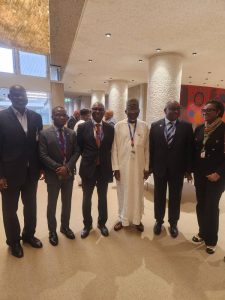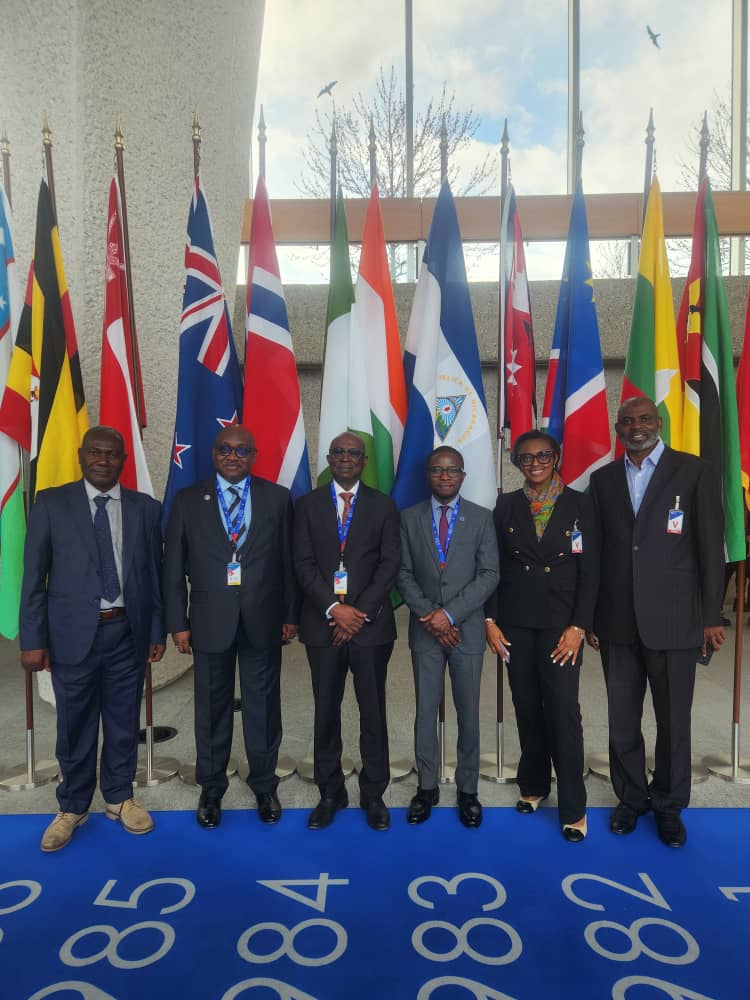Nigeria has reaffirmed its commitment to promoting the welfare and rights of seafarers and other maritime workers at the 353rd session of the International Labour Organization (ILO) governing body.
The meeting, which took place from March 10 to 20, 2025, brought together representatives from various countries to discuss global labour policies and country-specific developments.
Speaking at the event, the Director-General of the Nigerian Maritime Administration and Safety Agency (NIMASA), Dr. Dayo Mobereola, emphasized the critical role seafarers play in global trade and supply chain maintenance.
He noted that despite their importance, seafarers often face labour rights challenges, including unfair employment conditions, restricted mobility, and lack of access to adequate welfare provisions.
To address these issues, Nigeria has been advocating for the formal designation of seafarers as key workers.
This recognition is essential to ensuring legal protection, fair and equitable treatment in labour contracts, and guaranteed priority access to medical care, vaccines, and mobility rights during public health crises and emergencies.
Nigeria’s Minister of Marine and Blue Economy, Adegboyega Oyetola, highlighted the country’s efforts to boost the growth of its shipping industry and the welfare of maritime workers to global best standards.
He mentioned the National Seafarers Development Programme (NSDP), which has expanded training opportunities and improved employment pathways for Nigerian seafarers.
Furthermore, Oyetola announced Nigeria’s intention to contest for a seat in the International Maritime Organization (IMO) Council’s Category C.
This will enable the country to advocate for stronger global regulations that protect maritime labour rights and promote fair labour conditions, sustainable maritime practices, and enhanced security in international waters.
The country’s efforts to boost the growth of its shipping industry and advocate for stronger global regulations is expected to contribute to a more secure, sustainable, and equitable maritime industry.










Comment here